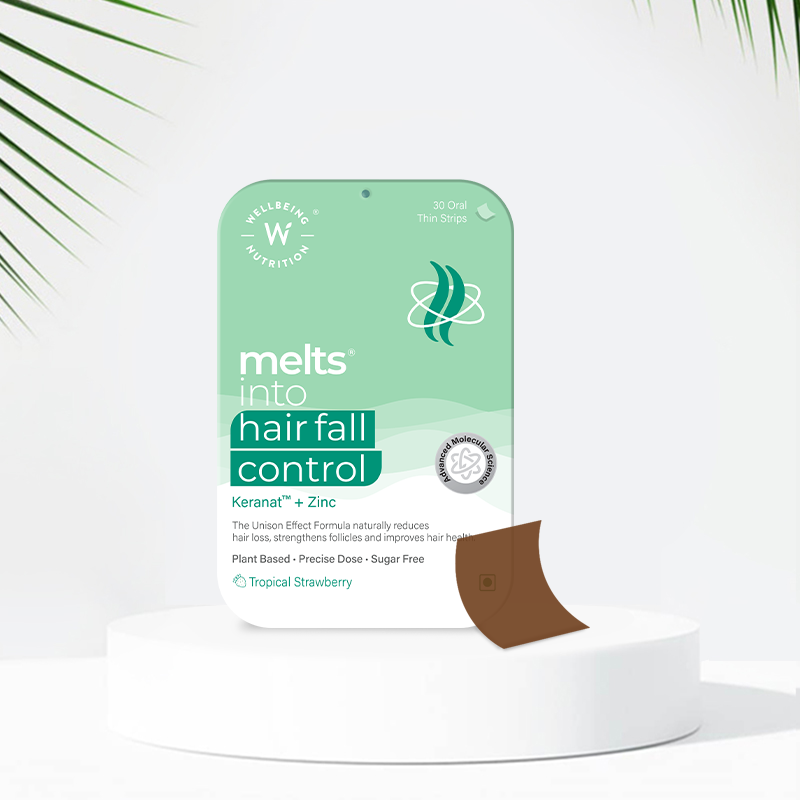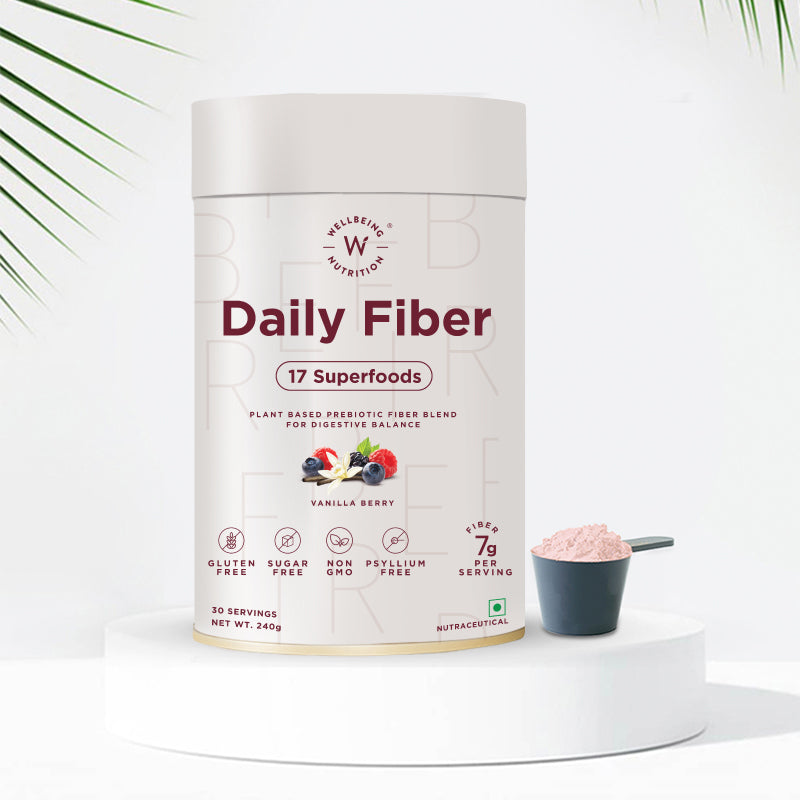Natural Remedies for Constipation

Natural Remedies for Constipation
Constipation is a common gastrointestinal problem that affects millions of people worldwide. It can cause discomfort, and bloating, and even impact your overall well-being. While there are numerous over-the-counter remedies available, many individuals prefer natural remedies for constipation.
Understanding Constipation: Causes and Symptoms
Before we delve into the remedies, it's important to understand the underlying causes and symptoms of constipation. Constipation can be caused by several factors such as a lack of fiber in the diet, dehydration, a sedentary lifestyle, and certain medications. Common symptoms of constipation include infrequent bowel movements, straining during bowel movements, hard stools, and a feeling of incomplete emptying.
The Science Behind Constipation
Constipation occurs when the muscles in the colon contract sluggishly, causing the stool to move slower. This sluggish movement allows more water to be absorbed from the stool, making it hard and difficult to pass. Understanding this process is crucial in finding effective natural remedies for constipation.
Furthermore, it's important to note that certain medical conditions such as irritable bowel syndrome (IBS), hypothyroidism, and diabetes can also contribute to chronic constipation. These underlying health issues can exacerbate the symptoms of constipation and may require specialized treatment approaches.
Common Symptoms of Constipation
Recognizing the symptoms of constipation is essential for early intervention. If you experience any of the following symptoms, it may indicate constipation:
- Infrequent bowel movements
- Straining and pain during bowel movements
- Hard and dry stools
- A feeling of incomplete emptying
In addition to the physical symptoms, constipation can also lead to psychological effects such as irritability, fatigue, and a decreased quality of life. It's crucial to address constipation promptly to prevent these secondary complications and improve overall well-being.
Natural Remedies for Constipation
When it comes to addressing constipation naturally, there are several effective remedies that can help in relieving discomfort and promoting regular bowel movements. Let's explore some of these natural solutions.
Constipation is a common digestive issue that can be caused by various factors such as a low-fiber diet, lack of physical activity, or certain medications. It can lead to bloating, discomfort, and difficulty passing stool. Fortunately, there are natural remedies that can help alleviate constipation and improve bowel regularity.
Herbal Solutions for Constipation
Herbal remedies have long been used to relieve constipation. Some commonly used herbs include:
- Senna: Senna leaves are known for their laxative effects and can stimulate bowel movements.
- Psyllium: Psyllium husk is a rich source of soluble fiber and can help soften the stool.
- Aloe Vera: Aloe Vera juice can aid in digestion and promote regular bowel movements.
These herbal solutions work by either increasing the bulk of the stool, softening it, or stimulating the muscles in the intestines to promote bowel movements. It's important to use herbal remedies with caution and consult a healthcare provider before incorporating them into your routine, especially if you have any underlying health conditions.
Hydration and Exercise: Natural Ways to Ease Constipation
Staying properly hydrated and engaging in regular physical activity are two simple yet effective ways to prevent and ease constipation. Dehydration can worsen constipation, so make sure to drink an adequate amount of water throughout the day. Regular exercise, such as brisk walking or yoga, can also stimulate bowel movement and improve overall digestive function.
Hydration plays a crucial role in maintaining healthy bowel function as water helps soften the stool, making it easier to pass. Aim to drink at least eight glasses of water a day and include hydrating foods like fruits and vegetables in your diet. Exercise not only promotes physical well-being but also stimulates the muscles in the intestines, aiding in the movement of stool through the digestive tract.
Best Home Tips to Prevent Constipation
Prevention is always better than cure. By making some simple lifestyle changes, you can significantly reduce your risk of experiencing constipation. Here are some best home tips to help prevent constipation:
Lifestyle Changes for Constipation Prevention
Implementing the following lifestyle changes can help keep your digestive system healthy and prevent constipation:
- Increase your fiber intake: Include plenty of fruits, vegetables, whole grains, and legumes in your diet.
- Stay hydrated: Drink an adequate amount of water throughout the day.
- Exercise regularly: Engage in physical activity for at least 30 minutes daily.
- Manage stress: Chronic stress can affect bowel movements, so practice stress management techniques.
Additionally, maintaining a regular eating schedule can also contribute to preventing constipation. Eating meals at consistent times each day helps regulate your digestive system and promotes regular bowel movements. Avoiding large, heavy meals late at night can also aid in digestion and prevent discomfort.
Importance of Regular Bowel Movements
Regular bowel movements are crucial for maintaining optimal digestive health. It's essential to establish a routine and listen to your body's natural cues. Ignoring the urge to have a bowel movement can lead to constipation over time. Make sure to allocate sufficient time for bathroom breaks and avoid rushing the process.
Furthermore, incorporating probiotic-rich foods like yogurt and kefir into your diet can support a healthy gut microbiome, which plays a key role in digestion and bowel regularity. Probiotics help maintain a balanced environment in the gut, aiding in the smooth passage of waste through the intestines.
Supplements for Constipation
In addition to incorporating dietary and lifestyle changes, certain supplements can provide relief from constipation.
Constipation is a common digestive issue that can be uncomfortable and frustrating. It is often caused by a lack of fiber in the diet, dehydration, or a sedentary lifestyle. While making adjustments to your diet and daily routine can help alleviate constipation, supplements can also play a beneficial role in promoting regular bowel movements and overall digestive health.
Magnesium Supplements for Constipation
Magnesium citrate is an ideal mineral compound that helps manage constipation. It attracts water towards the gut and provides a smooth passage for the stools. Magnesium supplements are a good way to relieve constipation.
Fiber Supplements: A Closer Look
Fiber supplements can be a convenient way to increase your daily fiber intake. Psyllium husk, ground flaxseed, and acacia fiber are some popular fiber supplements that can help soften the stool and promote regular bowel movements. Fiber works by adding bulk to the stool, making it easier to pass through the digestive tract. It also helps regulate bowel movements and prevent constipation. However, it's important to consult with your healthcare provider before starting any new supplement to determine the right type and dosage for your individual needs.
Additionally, it's essential to increase water intake when consuming fiber supplements to prevent potential digestive issues such as bloating or gas. Fiber absorbs water in the digestive tract, so staying hydrated is crucial for the fiber to work effectively and promote healthy bowel function. Hence, it is essential to incorporate fiber into your daily diet.
Probiotics and Constipation: What You Need to Know
Probiotics are beneficial bacteria that promote a healthy gut environment. Some strains of probiotics have been found to help regulate bowel movements and alleviate constipation. Including probiotic-rich foods, such as yogurt, sauerkraut, and kefir, in your diet can support a balanced gut flora and improve digestive health. Probiotics work by restoring the natural balance of bacteria in the gut, which can be disrupted by factors like stress, illness, or a poor diet.
When choosing a probiotic supplement, look for products that contain a variety of bacterial strains, including Lactobacillus and Bifidobacterium species, known for their beneficial effects on gut health. It's important to note that the effectiveness of probiotics can vary depending on the individual, so it may take some trial and error to find the right probiotic supplement that works best for you.
Foods That Help with Constipation
Adding specific foods to your diet can provide natural relief from constipation. Let's explore some of the best food choices for better digestion.
Constipation is a common digestive issue that can be uncomfortable and frustrating. Fortunately, making simple changes to your diet can help alleviate this problem and promote regular bowel movements.
High-Fiber Foods for Better Digestion
Foods high in fiber can help add bulk to the stool and make bowel movements more regular. Some excellent sources of fiber include:
- Whole grains: Oats, quinoa, and brown rice
- Fruits: Apples, berries, and oranges
- Vegetables: Broccoli, carrots, and spinach
Additionally, legumes such as lentils, chickpeas, and black beans are also rich in fiber and can aid in promoting healthy digestion. Including a variety of high-fiber foods in your diet can help prevent constipation and support overall gut health.
Hydrating Foods to Prevent Constipation
Including water-rich foods in your diet can help prevent dehydration and keep your stools soft. Watermelon, cucumbers, and tomatoes are great examples of hydrating foods that can promote healthy digestion.
Furthermore, incorporating probiotic-rich foods like yogurt, kefir, and sauerkraut can help maintain a healthy balance of gut bacteria, which is essential for proper digestion. Probiotics can also help alleviate symptoms of constipation by promoting regularity and improving overall gut health.
Conclusion
Constipation is a common problem that can often be relieved through natural remedies and lifestyle changes. By understanding the causes and symptoms of constipation and incorporating herbal solutions, lifestyle modifications, supplements, and fiber-rich foods into your daily routine, you can support healthy digestion and prevent discomfort. Always consult with your healthcare provider before making significant changes to your diet or starting any new supplements. With patience and consistency, you can find the natural remedies that work best for you, banishing constipation and promoting a healthier digestive system.
- Choosing a selection results in a full page refresh.
- Press the space key then arrow keys to make a selection.

Consult Expert











